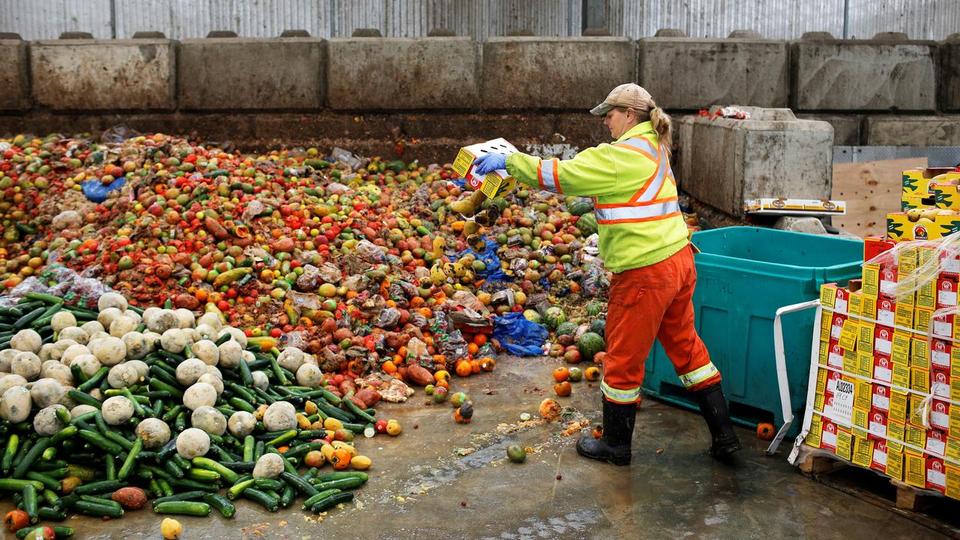



Article by: Hari Yellina (Orchard Tech)
It cannot be denied that the pandemic has aggressively affected the food patterns and habits of consumers. Fear of not having enough has led to major disruptions in the food chain, as it has resulted in panic buying. The most important area of concern is that the over-buying of supplies can lead to food wastage than ever witnessed before. Nevertheless, according to recent studies, wastage has actually decreased because customers were seen indulging in non-perishable items.
Interestingly, concerns about the impact that the pandemic could have on the waste management system and the desire not to add pressure to the waste management system are key drivers of decreased food waste in Italy during the pandemic. The findings seem to suggest that Italian consumers are developing a new level of awareness about waste with potential positive impacts on the environment in terms of reducing greenhouse gas emissions and groundwater pollution.
The response to the Covid-19 pandemic, from panic buying at grocery stores to restaurant closures, could affect household food waste at a time when insecurity is on the rise. Hence, it is important to assess whether changes in food purchasing and consumption habits due to Covid-19 have had a significant impact on household products waste. Waste is a very important environmental and economic issue given that around 88 million tons of consumables are wasted annually in the European Union (EU), with associated costs estimated at 143 billion euros.
Since households are the most prominent contributors to food waste and given that Covid-19 has had a significant impact on hunger and insecurity, it is important to know whether households have increased or decreased waste during the pandemic. Past studies showed that food waste is a function of consumer demographic characteristics and that decisions to discard food vary with contextual factors. Hence, waste behaviour can be better understood by focusing on the practices, routines and habits of consumers given the hidden nature of the food waste issue.